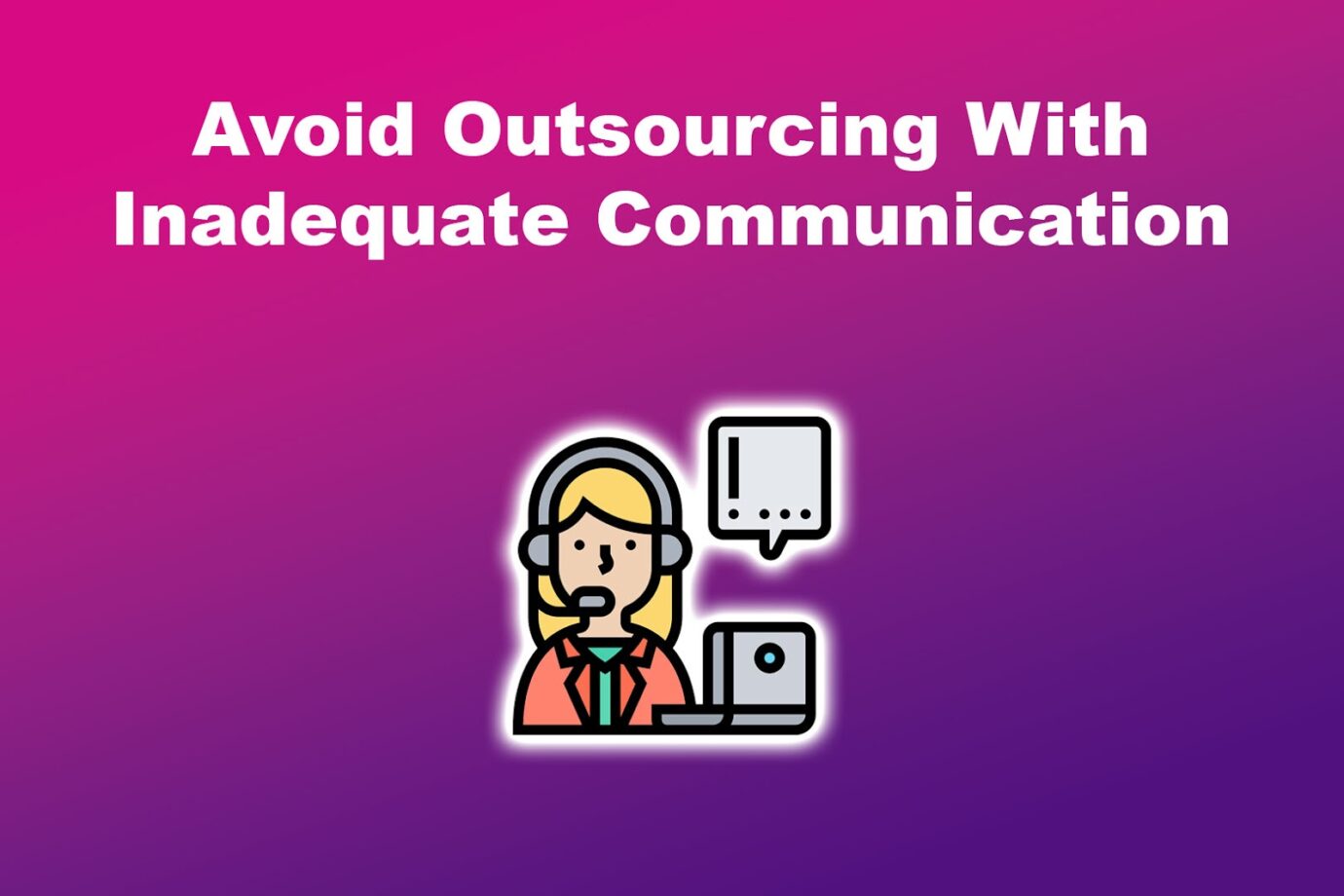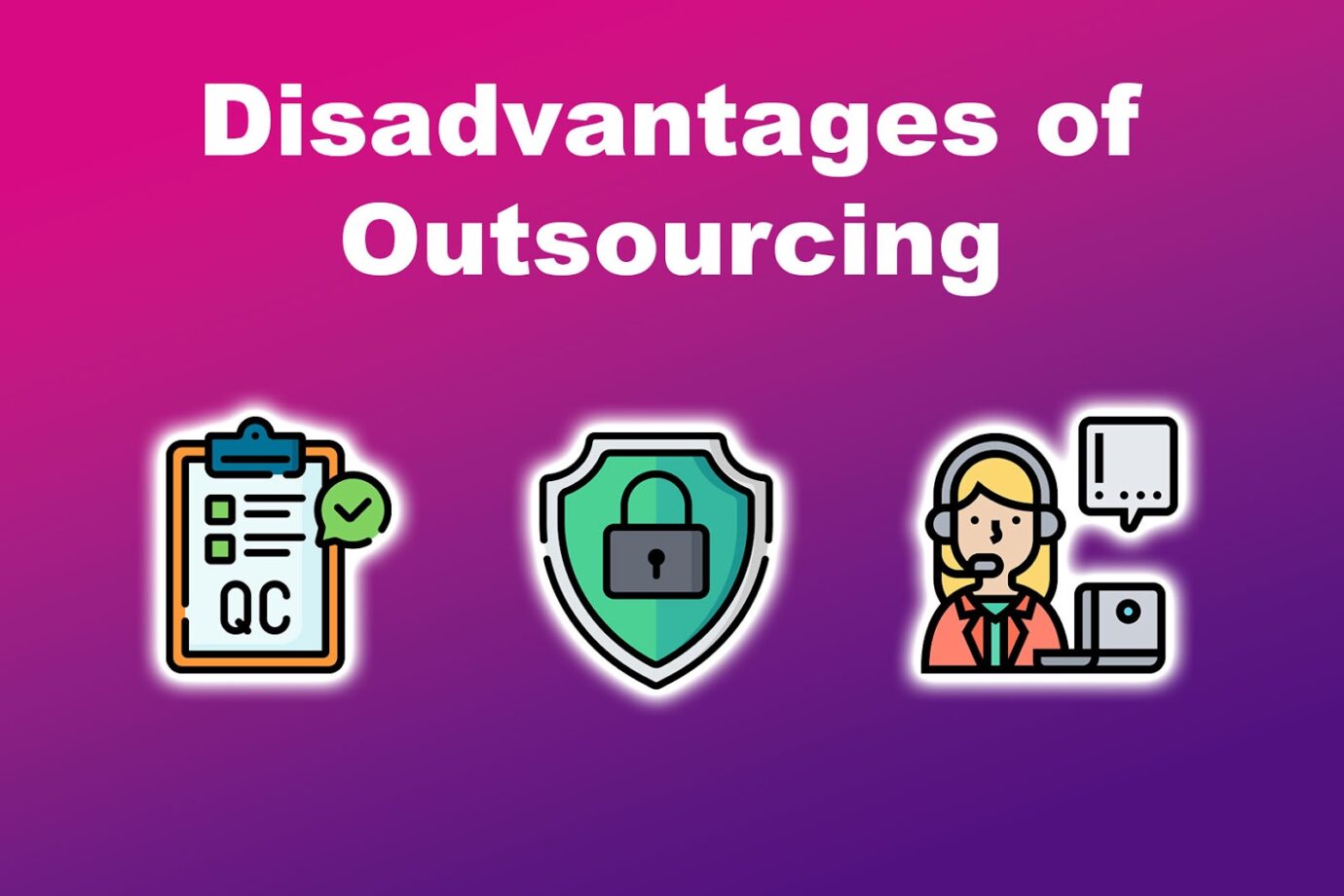Companies often turn to outsourcing consultants for valuable guidance and support in today’s competitive business environment. These professionals offer effective strategies to help businesses reduce costs, boost productivity, and enhance operational efficiency.
Partnering with these consultants, whether you’re a big corporation or a start-up, can greatly affect your company’s success. This article delves into the significance of outsourcing consultants and how they can affect your business.

What Are Outsourcing Consultants?
Outsourcing consultants are individuals who aid businesses in identifying opportunities to outsource to enhance cost-saving tactics and operational efficiency. They guide procuring suppliers and negotiate deals to tailor solutions to each company’s needs.
Companies seek the expertise of outsourcing consultants in international customer service providers. This expands beyond call center outsourcing to back-office operations like payroll, HR, and IT services. Startups can benefit from consultants’ market insights for talent acquisition and achieving business goals.
Check out ZConsulting, one of the leading consulting firms today, by visiting their website for details on their services.
Another type of outsourcing consultant is the industrial/organizational consultant. This applies psychological principles to assist businesses and organizations in their professional growth.
I/O consultants, typically psychologists, focus on employee behavior and utilize research methods to optimize various aspects of work settings.
This area of psychology is less widely acknowledged than clinical or experimental psychology. However, this field is crucial for enhancing workplace conditions, including productivity and job satisfaction for employers and employees.
According to the American Psychological Association (APA), industrial-organizational psychologists do not engage in clinical work involving mental health or social issues with individuals at all.
What Does an Outsourcing Consultant Do?
Outsourcing consultants analyze a company’s processes to identify which areas will benefit from outsourcing. They also look for reputable outsourcing service providers who can handle those areas. An outsourcing consultant’s responsibility also extends to contract negotiation, project and management, and performance evaluation.
One significant application of outsourcing is engaging a management consultant. These consultants cover various areas, such as business management, marketing, strategy, supply chain, and productivity.
While each consultant’s approach may vary, they all serve as problem solvers for complex business structures. They work on a range of projects, potentially focusing on specific industries.
While some consultants have expertise in a particular area, management consultants aid organizational leadership in improving overall performance and operations.
Consulting firms may specialize in a single industry or take a global approach, focusing on various business matters such as employee engagement or regulatory compliance.
Related Post: Accounts Payable Process Improvement Ideas
What Should Firms Avoid When Considering Outsourcing Consultants?
Here are some things that firms should avoid when considering outsourcing:
1. Outsourcing Without Proper Planning
Companies often fail because of not having a well-thought-out plan, neglecting to evaluate their present and future requirements, and the potential advantages of working with an external provider. This oversight can result in wasted resources and unmet expectations.
Furthermore, a company looking to expand could collaborate with an outsourcing company that does not have sufficient resources. It is critical to do extensive research before getting involved with outsourcing companies.

2. Executing Decisions Without Proper Research
Many companies prioritize cost savings but may neglect important factors when proposing a tempting offer. It is essential to thoroughly assess a service provider’s capabilities and do your homework before hiring them to avoid potential disappointments, financial losses, or legal complications.
Take precautions and thoroughly investigate before hiring an outsourced worker or new employee.
3. Failing to Establish Transparent Goals and Expectations
When companies outsource tasks, it is important to communicate their expectations to avoid misunderstandings. Both parties should be clear on expectations to ensure success.
An outsourcing consultant must understand the company’s goals and practices to effectively align priorities. Researching the consultation services needed can enhance the potential for successfully hiring an outsourcing consultant.
4. Not Formulating an Implementation Plan
Having a solid strategy is essential for successful outsourcing. Your outsourcing partner is an extension of your company, so maintaining a strong internal connection is crucial.
An implementation plan helps align your vendor with your goals and ensures a smooth workflow. This prevents additional costs from delays, quality issues, and miscommunication that can overshadow the benefits of outsourcing.
Read more about what firms should consider when outsourcing.
5. Inadequate Communication
Effective communication is crucial when working with an outsourcing consultant. The partnership between a business and its consultant influences the reliability of their professional relationship.
Clear communication helps streamline work, and the consultant must be able to communicate with stakeholders effectively.

Poor communication is one of the main reasons for outsourcing failures. It makes it difficult for vendors to understand expectations and maintain progress. Communication is crucial when outsourcing across time zones or language barriers.
6. Overlooking Data Security Measures
Ignoring data security during outsourcing can damage reputation and lead to financial loss and legal problems.
Numerous companies fail to grasp the significance of data security, especially when handling user data. It’s crucial to focus on security when outsourcing software or data management.
While outsourcing can lower expenses, it also introduces security threats; thus, companies need to select partners who prioritize safeguarding data. Conducting regular audits on outsourcing partners is crucial for maintaining data security.
7. Insufficient Supervision
Neglecting oversight of the outsourcing process can result in negative consequences. While some businesses see outsourcing as a fast solution, continuous supervision is crucial for optimal results.
Closely monitoring operations enables early problem detection, cost management, and guidance of the outsourcing partner when necessary. It is important to regularly evaluate performance indicators and verify that the outsourced worker meets your requirements.
Why Do Companies Choose to Outsource Work?
Here are the reasons why companies choose to outsource work:
- Cost Reduction and Management.
Outsourcing offers access to skills, cuts payroll and staffing expenses, and decreases overhead costs, enabling businesses to grow without extra financial burdens. This helps companies stay competitive and boost profits.
To read more about the cost-saving effects of outsourcing, check out this article from LinkedIn. - Learn Skills and New Concepts.
Hiring new full-time or part-time employees can bring fresh perspectives and knowledge to a company. Likewise, temporary workers can acquire new skills and perspectives while working with different companies. -
Increased Adaptability and Productivity.
Outsourcing provides the flexibility to hire as needed and quickly adjust team size. Adding workers for bigger projects can enhance capacity and efficiency.
- Improved Customer Experience.
Contractors can improve customer service by enhancing the user experience of their business website. If you expect more customer inquiries, you should hire more staff to prevent delays in response time. - Risk Mitigation.
At times, the company outsources to reduce risk, enabling quick identification of errors and fraud with the help of an external partner. Although risks cannot be eliminated, these measures offer enhanced security.
Want to know which companies are leading in the outsourcing world? Check out our article about the 15 best outsourcing companies.
What Are the Disadvantages of Outsourcing?

Hiring outsourced workers might seem better than hiring new employees directly, which is why many companies resort to outsourcing. While outsourcing may seem beneficial, it may also have potential drawbacks.
Here are the disadvantages of outsourcing:
- Quality Control.
Outsourcing might result in a lack of supervision over the quality of work completed. This would require businesses to maintain consistency and provide comparable levels of management for outsourced projects as they do for internal projects. - Communication Issues.
Communication issues can arise for small businesses when dealing with outsourcing partners in different time zones or with different languages, leading to delays and misunderstandings. - Confidentiality and Security.
When sharing sensitive information with outsourcing partners, small businesses could face security and confidentiality risks. There must be clear agreements on data protection and security measures to safeguard data. - Loss of Authority.
When outsourcing, it is necessary to share control despite setting goals. Hiring non-employees and managing off-site workers make it harder to maintain control. - Dependence On Third Parties.
Relying heavily on an outsourcing company can pose risks for small businesses, particularly if the company faces financial issues or a decline in service standards.
Small businesses must have contingency plans if the outsourcing arrangement is terminated or operations need to be insourced again.
Choose the Right Outsourcing Consultant for Your Company
Engaging an outsourcing consultant offers various benefits to a business, including cost savings and specialized knowledge.
Before teaming up, it is crucial to explore any potential drawbacks thoroughly. Avoiding mistakes and selecting the right consultant allows businesses to maximize outsourcing advantages.
Collaborating with an outsourcing consultant can improve efficiency, productivity, and sustained growth by aligning strategies with company goals.
They assist in streamlining outsourcing processes and establishing effective workflows, acting as a valuable asset for businesses considering outsourcing.
